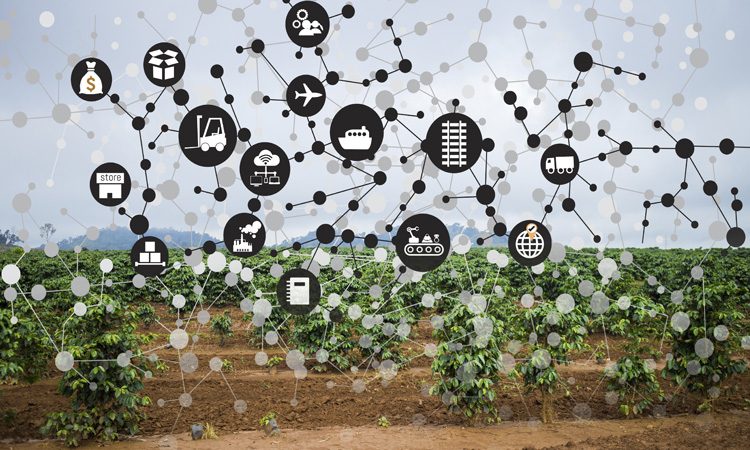FAO Director-General calls for “urgent change to transform food system”
- Like
- Digg
- Del
- Tumblr
- VKontakte
- Buffer
- Love This
- Odnoklassniki
- Meneame
- Blogger
- Amazon
- Yahoo Mail
- Gmail
- AOL
- Newsvine
- HackerNews
- Evernote
- MySpace
- Mail.ru
- Viadeo
- Line
- Comments
- Yummly
- SMS
- Viber
- Telegram
- Subscribe
- Skype
- Facebook Messenger
- Kakao
- LiveJournal
- Yammer
- Edgar
- Fintel
- Mix
- Instapaper
- Copy Link
Posted: 1 October 2019 | Sam Mehmet (New Food) | No comments yet
FAO Director-General, Qu Dongyu, discussed the future of food systems development, and areas of focus, at the High-Level Side Event, “Countdown to 2030: Transforming our Food Systems to Achieve the SDGs.”


Food systems are huge economic, social and environmental drivers of transformational change, FAO Director-General, Qu Dongyu, said at the high-level side event, ‘Countdown to 2030: Transforming our Food Systems to Achieve the SDGs’.
The event was convened by the Food and Agriculture Organization of the United Nations (FAO) with the International Fund for Agriculture Development (IFAD), the World Food Programme (WFP), the World Economic Forum (WEF), Ireland and the Kingdom of Norway, and stressed the importance of the future of food systems development.
The 2030 Agenda
Turning food systems into accelerators of progress on the sustainable development goals (SDGs) is considered essential to achieving the core objectives of the 2030 Agenda, including ending extreme poverty, addressing hunger and malnutrition, protecting and restoring the world’s biodiversity and natural resources, and combating and building resilience to climate change.
To do this, Dongyu stressed that the development of food systems need to be put on a new trajectory that works for the 2030 Agenda. It is also urgent to tackle the special challenges of tropical agriculture, the Director-General said, noting that 113 of FAO’s member states are in the tropics and are hugely impacted by climate change and extreme weather.
“We must consider all the aspects involved in food systems; the nutritional, the environmental, the cultural and the social, because ultimately they must benefit the health and welfare of people,” he said. Transformational change must be underpinned by political will, investments and innovation, including technology, Dongyu added.
He warned about slowing progress against hunger and rapidly rising rates of obesity, the continuing degradation of the natural resource base upon which food production and vital ecosystem services depend, the increasing marginalisation of the small and family-run farms – which represent most of the 570 million farms in the world – and increasing vulnerability to extreme weather events and the impacts of climate change.
At present, one in every nine people in the world are hungry, even as the world produces a surplus of food. Two in five adults are overweight, and obesity is on the rise in almost every country in the world. For many people, better food supply and nutrition is a question of livelihood and income, as well as the affordability of nutritious diets.
The FAO chief highlighted the need for the improved producer incentives and capacities in all regions that comes from access to markets, and the key role of international trade in filling the supply-demand gaps. It is critical that disruptions and uncertainty in food trade are avoided, Dongyu added.
“We need a collective strong action and urgent change to transform food systems and create opportunities for youth in rural areas. The food system can be a solution to transforming the agriculture value-chain to work for youth. We need to create momentum to make sure that the food system is at the height of the agenda and includes everyone,” said IFAD President, Gilbert Houngbo.
“Food systems provide the foundation for global food security and with the right systems in place, the world will have a better opportunity to reach our goal of zero hunger in the upcoming decade of action. We are being challenged by man-made conflicts and climate shocks like never before, but with robust and resilient food systems in place, we can serve the hungry and vulnerable,” said World Food Programme Executive, Director David Beasley.
Related topics
Food Safety, Food Security, Research & development, Supply chain, Sustainability, Technology & Innovation
Related organisations
the Food and Agriculture Organization of the United Nations (FAO), the International Fund for Agriculture Development (IFAD), the World Economic Forum (WEF), the World Food Programme (WFP)







